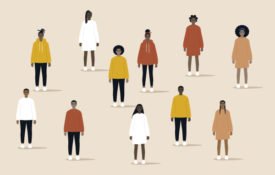
Being ‘Merely Tolerated’ May Put Minority Members at Risk
The implied disapproval that accompanies being tolerated may exact a toll on individual well-being. Visit Page
New research shows why people often read more into a scientific finding than what the data might show. Visit Page

Rewatching recorded behavior, whether on a Tik-Tok video or police body-camera footage, makes even the most spontaneous actions seem more rehearsed or deliberate, new research shows. Visit Page
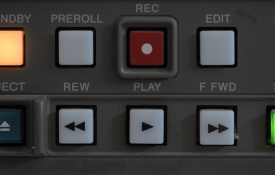
Psychological scientists are harnessing the biases and expertise of imperfect individuals to enhance the wisdom of crowds. Visit Page

Suspicion probes are meant to inform researchers about how participants’ beliefs may have influenced the outcome of a study, but it remains unclear what these unverified probes are really measuring or how they are currently being used. Visit Page
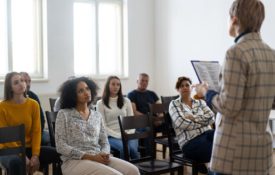
A recent study reveals how organizational-level biases affect how patients and even providers are viewed—and in ways that can produce racial and ethnic inequities. Visit Page
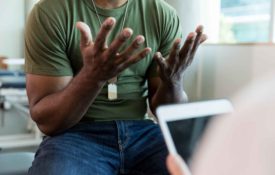
The two were recognized for their idea, known as the Dunning-Kruger effect, which shows that people who perform worse on certain tasks tend to have overly flattering opinions of their ability to perform them. Visit Page

During the Inclusivity Spotlight discussion at the 2022 APS Annual Convention, three social scientists who are thought leaders in the area of diversity, equity, and inclusion in higher education shared research-based perspectives on and potential solutions to bias in the graduate admissions process. Visit Page
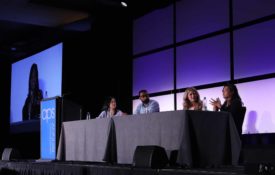
Where are all the neurodivergent scholars and research participants? Eight scholars make the case for greater adoption of open scholarship practices, “slow science,” intersectional collaboration, and more. Visit Page
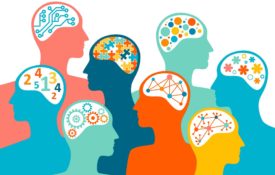
Katie Wang discusses methods to address the damaging effects of social oppression and structural stigma on marginalized communities. Visit Page
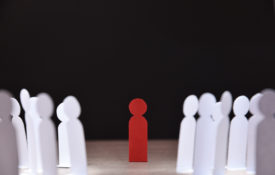
Despite the nature of clinical psychologists’ work, there is a stigma around disclosing personal mental health difficulties or diagnoses, even if those difficulties or diagnoses are the reason they chose to enter the field. Visit Page
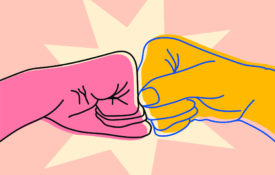
Ceci, Khan, and Williams’s analysis of hundreds of existing studies covering six aspects of academic life relevant to tenure-track professors suggests that the academy has taken significant steps toward gender equality. Visit Page

We often recognize bias in others but rarely in ourselves. Teaching students about the bias blind spot can help them increase their self-knowledge and reduce interpersonal conflicts. Visit Page

Diversity trainings as currently practiced are unlikely to change police behavior, suggests an analysis of a day-long training session designed to increase U.S. police officers’ knowledge of bias and use of evidence-based strategies to mitigate bias. Visit Page

Jennifer L. Eberhardt and Jennifer A. Richeson explore the persistent mythology of racial progress--a prevailing narrative that progress toward racial equality is steadily, linearly, naturally, and automatically getting better across time. Visit Page
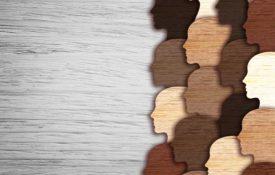
An organizational emphasis on intellectual superiority can contribute to a “masculinity-contest culture” that may discourage women from jumping in. Visit Page

A conversation between Jennifer L. Eberhardt and Linda R. Tropp on the links between intergroup contact and racial and ethnic relations. Visit Page
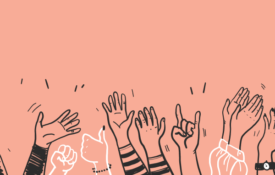
Women and BIPOC players in the reality TV show Survivor may be less likely to win due to sexual and racial biases that arise when it comes to voting. Visit Page

Seven authors outline factors that influence scientific advancements in Latin America and identify potential avenues for reframing research conducted in the region, especially by Latin American researchers, in the global scientific landscape. Visit Page

Chris Street, a senior lecturer in cognitive psychology at Keele University, UK, researches lie detection and truth biases and is working to develop the first computational model of lie/truth judgments. Visit Page
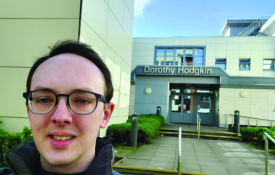
If a guy acts like a jerk to other men, he may seem less sexist than he actually is, according to new research in the journal Psychological Science. Visit Page

Previews of research by students and early-career scientists related to combating stereotypes and bias. Visit Page
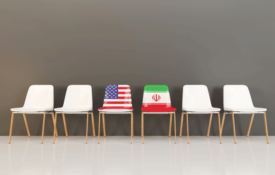
Conversations about the health disparities facing people with intellectual and developmental disabilities and disorders, and how to combat them, are long overdue. Visit Page
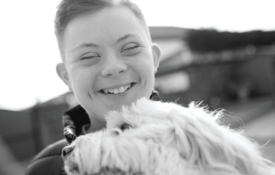
The real power to change people’s hearts and minds may lie in the television programs, books, and other media we consume on a daily basis. Visit Page

Native American adults who identified more strongly as Native were more likely to notice group omission and discrimination, prompting increased civic engagement. Visit Page
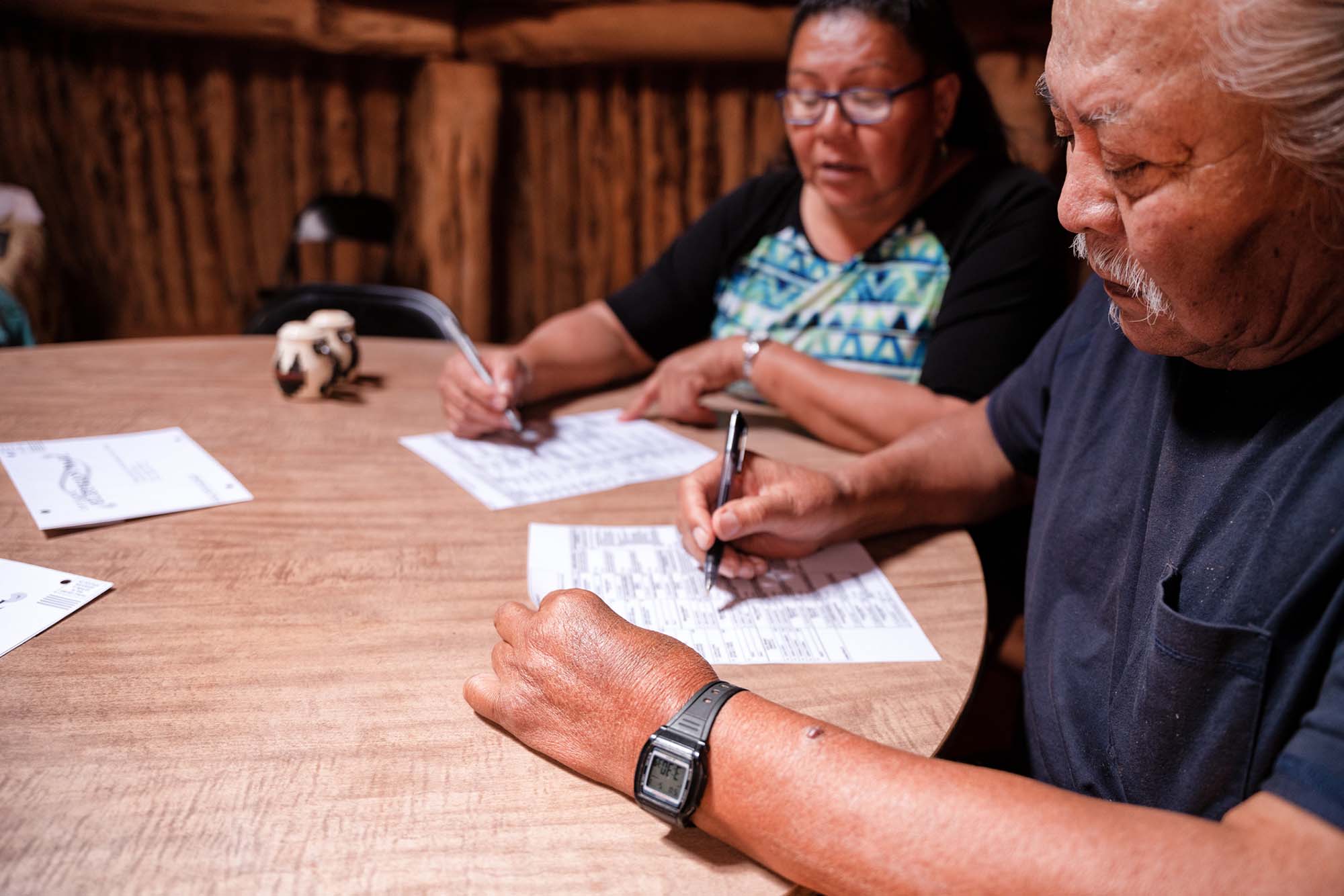
Since its debut in 1998, an online test has allowed people to discover prejudices that lurk beneath their awareness — attitudes that researchers wouldn’t be able to identify through participant self-reports. The Observer examines the findings generated by the Implicit Association Test over the past 20 years. Visit Page

Reading to children offers many benefits. A new study reveals, however, that popular storybooks are an underrecognized source of gender stereotypes, and children's books often contain stronger gender biases than texts for adults. Visit Page
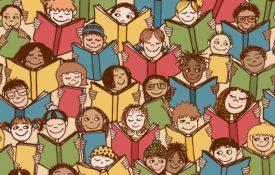
Perceptions of gender and race combine into unique stereotypes and complex patterns of discrimination. Visit Page
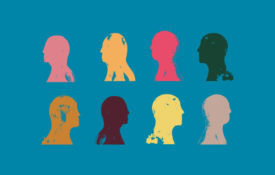
Data collected from 2004 to 2016 show that Americans’ attitudes toward certain social groups are becoming less biased over time. Visit Page

A small cue of social connection to someone from another group — such as a shared interest — can help reduce prejudice immediately and up to six months later. Visit Page

Interracial contact with other practitioners during medical school may help reduce physicians’ racial bias, improving treatment outcomes for patients. Visit Page

Research shows that White people are more likely to perceive a Black person as a truth-teller compared with a White person, although their spontaneous behavior indicates the reverse bias. Visit Page
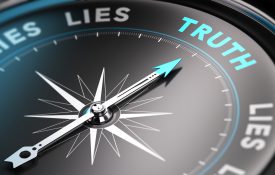
Academic publishers confront a stubborn absence of diversity in psychological science journals. Visit Page

While certain expressions of racism are absent from our world today, you don’t have to look very hard to know that more subtle forms of racism persist, in schools and workplaces and elsewhere. Visit Page
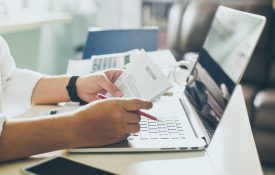
Employers are likely to abide by laws barring discrimination against gay workers not because they are necessarily afraid of being punished for violating the law, but because these laws send a clear message about acceptable moral behavior in the community, a study suggests. Visit Page
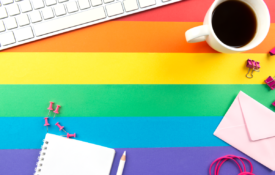
Working mothers are often offered lower salaries and fewer leadership opportunities compared to working fathers, but this penalty can be reduced by framing women as “breadwinners.” Visit Page
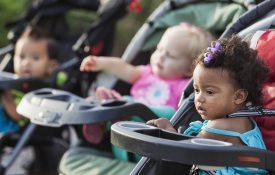
Women in the field have come so far—and have some distance yet to go. Visit Page
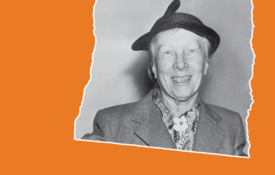
It is critical that the entire I/DD population gains access to priority vaccines, writes developmental psychologist Emily Hotez. Visit Page
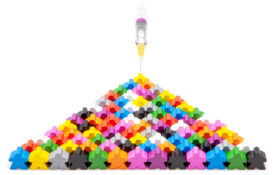
A psychological study suggests a potential way to minimize the impact that gender bias can have on women’s career advancement. Visit Page

A scientific analysis upends the notion that people on the political right are more biased about their ideological views than are people on the left. Visit Page
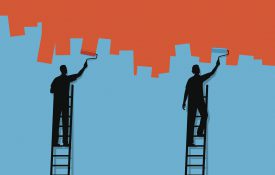
Do researchers overestimate the risk that certain research findings will fuel public support for censorship, defunding, and other harmful actions? Visit Page
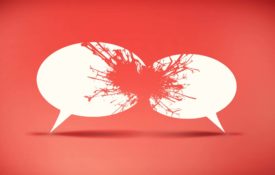
When we evaluate and compare a range of data points, we tend to neglect the relative strength of the evidence and treat it as simply binary. Visit Page
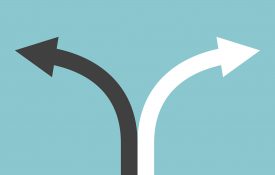
Research suggests that taking steps to create more equal social environments may be more effective at reducing prejudice than targeting implicit bias directly. Visit Page

Preschool-aged children can learn bias even through nonverbal signals displayed by adults, such as a condescending tone of voice or a disapproving look. Visit Page
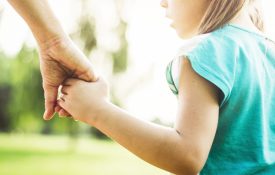
Simply interacting with someone with a racial bias could cause one to 'catch' that anxiety and feel secondhand stress. Visit Page
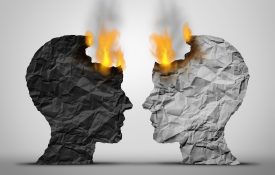
Game-based debiasing training may help us overcome confirmation bias in our professional lives. Visit Page
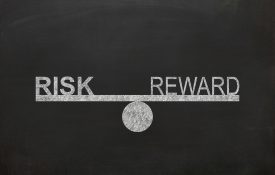
Field experiments in economics can serve an invaluable intellectual role alongside traditional laboratory research. Visit Page

Faces that are seen as competent are also perceived as more masculine, research reveals. Visit Page
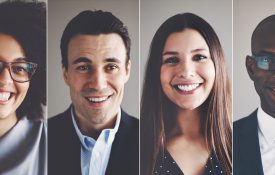
Engaging in basic rituals -- even arbitrary movements -- can make us more likely to trust those who share the same ritual and less likely to trust those who don't. Visit Page

The challenges associated with addressing persistent inequality among marginalized communities have never been more apparent. Psychological science explores the roots, the risks, and the roads to meaningful behavioral change. Visit Page
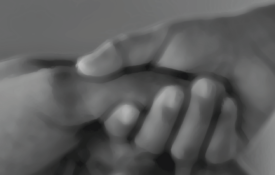
How taking steps to create more equal social environments can change our minds. Visit Page
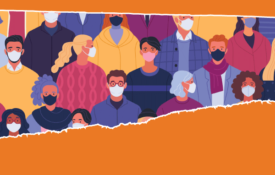
Unconscious bias can lurk below the level of conscious awareness, but researchers are working to uncover more effective methods of reducing these prejudices. Visit Page

People tend to imagine the 'typical' welfare recipient as someone who is African American and who is lazier and less competent than someone who doesn’t receive welfare benefits, studies show. Visit Page
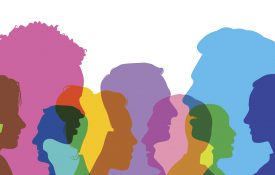
Psychological researchers are examining the complexities of racism and xenophobia at both the interpersonal and societal levels. Visit Page
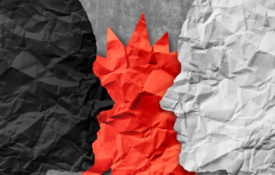
For people in poverty, remembering better times — such as past success — improves cognitive functioning by several IQ points and increases their willingness to seek help from crucial aid services, a study finds. Visit Page

Automation may be associated with anti-immigrant sentiment by increasing perceptions of both realistic threat arising from competition for economic resources and symbolic threat "arising from changes to group values, identity, and status.” Visit Page

The latest issue of Perspectives on Psychological Science is dedicated to the singular topic of microaggressions: statements, policies, and environmental cues that carry racial and prejudicial overtones. Visit Page
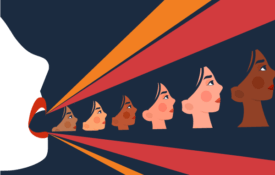
APS statement to the membership on confronting racism and discrimination. Visit Page

Top 10 articles of 2021, according to Altmetrics Attention Scores. Visit Page

On May 21, APS convened a panel of experts on policing and racism. Here is a video and transcript of that event. Visit Page
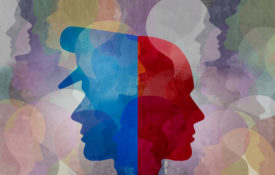
Personal contact increases psychological investment in equality by making people more empathetic, increasing personal relevance, and humanizing those in other ethnic groups. Visit Page
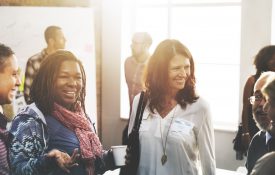
Interracial contact with other practitioners during medical school may help reduce physicians’ racial bias, improving treatment outcomes for patients. Visit Page

The stigma associated with prejudice against women and people of color seems to transfer from one group to another, a series of experiments shows. Visit Page
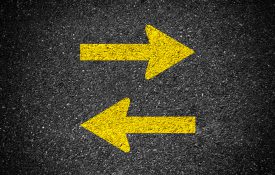
Although depression and prejudice traditionally fall into different areas of study and treatment, a new article suggests that many cases of depression may be caused by prejudice from the self or from another person. Visit Page
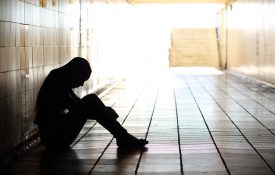
New research finds no significant correlation between a woman’s sexual behavior and her self-esteem. Visit Page

Data from 57 countries indicates that an individual’s sexism leads to gender inequality in the society as a whole. Visit Page
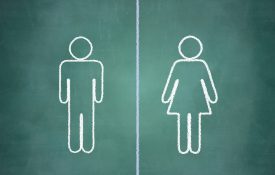
Despite the availability of effective evidence-based treatment, about 40% of individuals with serious mental illness do not receive care and many who begin an intervention fail to complete it. Visit Page

Psychological scientists describe research on the enduring and often hidden presence of racism at both the interpersonal and societal levels in the June issue of Current Directions in Psychological Science. Visit Page
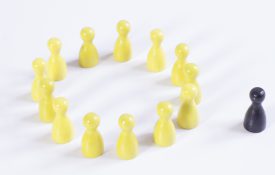
A look at several researchers who have studied racism in recent years. Collectively, they address the nature of racism and the social processes that maintain it; examine the issues of structural and institutional racism; explore the consequences of various forms of racism; and suggest possible paths of action to combat racism. Visit Page

Read the Full Text (PDF, HTML) Mental illness has wide-reaching effects on people’s education, employment, physical health, and relationships. Although many effective mental health interventions are available, people often do not seek out the care Visit Page
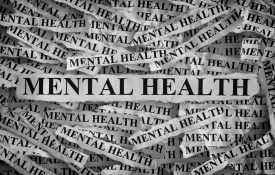
Whites living in areas where they are less exposed to people of other races have a harder time categorizing mixed-race individuals than do Whites with greater interracial exposure, a condition that is associated with greater Visit Page

In ancient Greek and Latin, a stigma was a brand that marked a person, such as a slave, who was seen as inferior. Today, the word “stigma” has come to signify the invisible mark made Visit Page
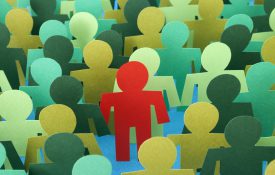
Okie Nwakanma received first prize for her upcoming research on how Black women use emotional-approach coping to deal with gendered racism. Visit Page
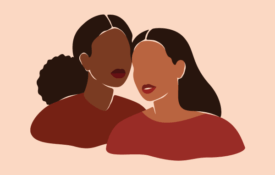
New research covering tens of millions of U.S. traffic stops found that Black drivers were more likely than White drivers to be stopped by police in regions with a more racially biased White population. Visit Page

Pierce Ekstrom discusses new research on the relationship between countywide attitudes toward race and local policing. Visit Page

A study shows the role that “plausible deniability" may in discriminatory behavior against marginalized groups. Visit Page

Higher education is shifting gears in its approach to diversity, equity, and inclusion. Visit Page
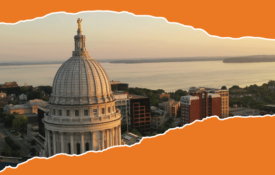
White Americans associate the label “Blacks” with being a target of racial bias more than the label “African Americans.” Visit Page
